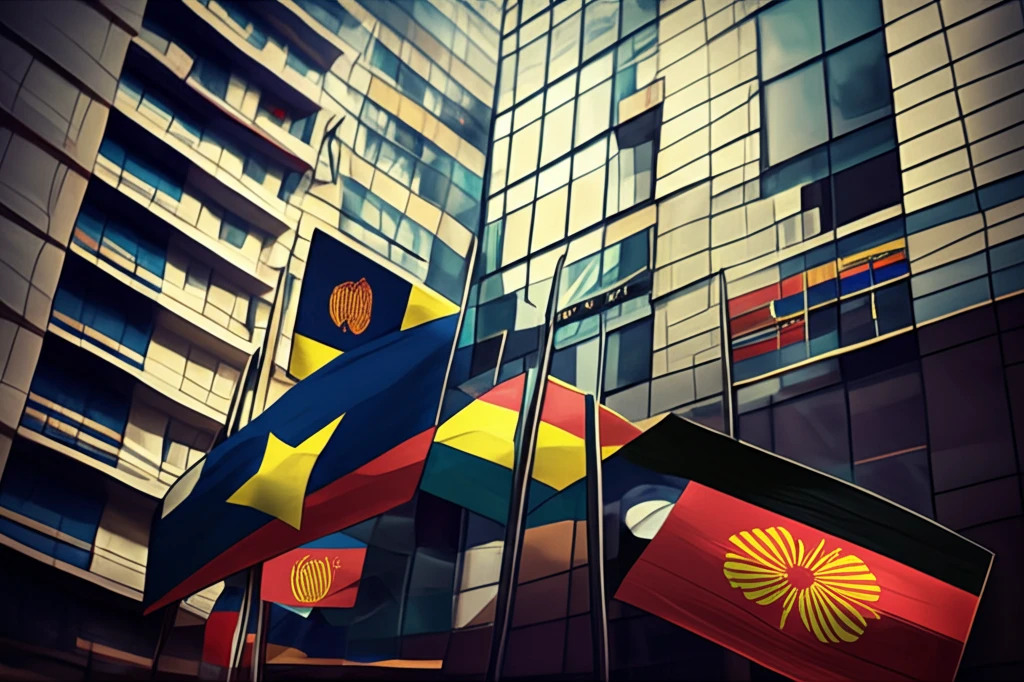
Unlock Global Careers: How ASEAN's MRA is Shaping Tourism Jobs
"Is your hospitality career ready for the world stage? Discover how the ASEAN Mutual Recognition Agreement (MRA) is revolutionizing tourism jobs and what it means for your future."
The Association of Southeast Asian Nations (ASEAN) has witnessed a surge in tourism, creating a high demand for skilled labor. The hotel industry, a cornerstone of the tourism sector, plays a vital role in national employment across ASEAN countries. Standardizing these competencies is a key goal.
The ASEAN Mutual Recognition Agreement (MRA) in Tourism aims to streamline the recognition of skills and qualifications for tourism professionals across member states. Signed by ASEAN leaders, the MRA seeks to upgrade tourism education curricula and skills through mutually accepted competency standards and certification procedures.
However, the adoption of MRA faces hurdles. While programs and activities are ongoing to raise awareness and promote the benefits of MRA, challenges persist, particularly in Indonesia. This article delves into the strategic adoption of MRA, focusing on its impact, obstacles, and potential solutions for Jakarta's five-star hotels.
Decoding the ASEAN MRA: Benefits, Challenges, and Strategies for Jakarta's Hotels

The ASEAN Mutual Recognition Agreement (MRA) strives to create a seamless integration of tourism and travel services by facilitating the mobility of tourism professionals. By establishing consistent competency standards, MRA aims to narrow development gaps among ASEAN Member States and foster regional stability. Today, the adoption of MRA is ongoing, with continuous efforts by the Indonesian government to engage employers and workers in the tourism industry.
- Measure the current perception of Jakarta's five-star hotels towards MRA.
- Determine the steps taken by both government and hotel establishments in adopting MRA, including potential benefits.
- Identify obstacles faced by the Indonesian government and hotel establishments.
- Create awareness and understanding of MRA among industry stakeholders by communicating its goals, benefits, and requirements through various channels.
Charting the Future: Recommendations for Successful MRA Implementation
The adoption of the Mutual Recognition Agreement holds immense potential for the Indonesian tourism industry. Overcoming obstacles such as lack of public knowledge, limited resources, and resistance from hotel management is crucial. It's imperative to familiarize ACCSTP as an essential step to facilitate wider use for employment of tourism and hospitality sector. By monitoring the adoption progress of competency standards regularly and involving third-party certifications, Jakarta's hotels can unlock the positive impacts of MRA, avoid penalties, and enhance their enterprise standards.
